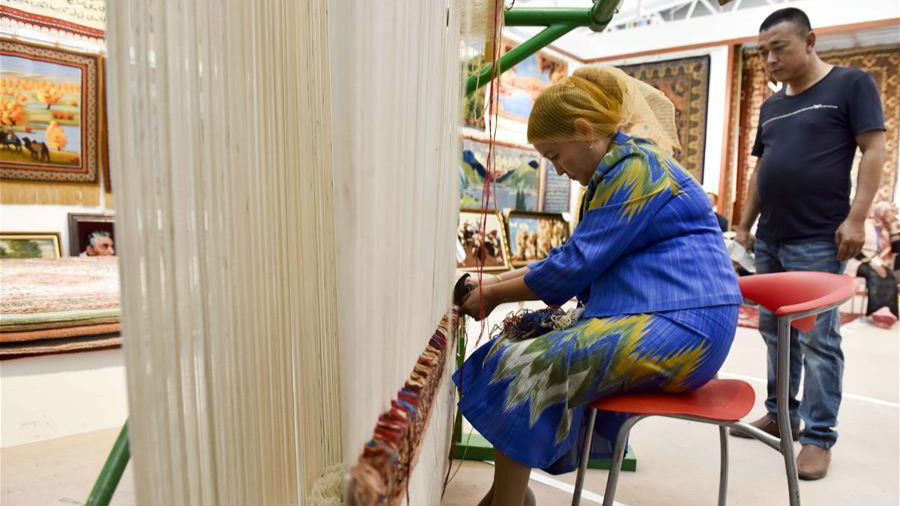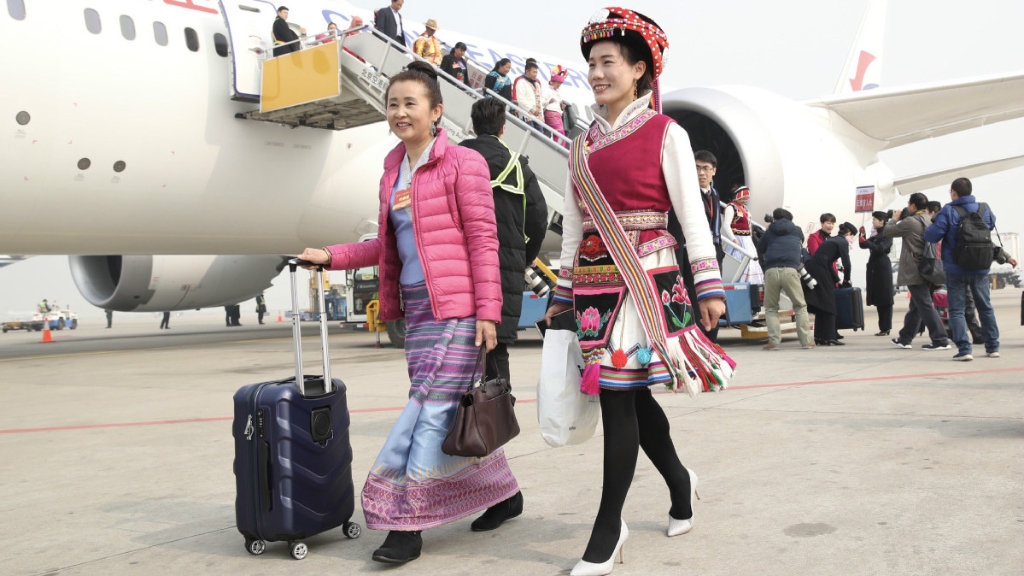Over recent days, more than 1,000 female camels have received pregnancy ultrasounds at a breeding center in Northwest China's Xinjiang Uygur autonomous region.
The medical checks, conducted by teachers and students at Xinjiang Agricultural University, aimed to screen for pregnant camels and provide them timely maternity care.
"With real-time ultrasound images, we can swiftly determine if a camel is pregnant, which can greatly benefit herders," said Ma Wanpeng, a student majoring in veterinary medicine.
Ultrasounds can also help detect camel diseases early and allow for more targeted treatment, said the student, noting that his team had detected and cured stomatitis in camel calves last year.
"Before ultrasounds for camels were introduced, herders could only identify pregnant camels by physical examination, an approach that relied on experience and sometimes led to errors," said Ma Yingjun, head of the breeding center located in northern Xinjiang's Altay prefecture.
Failure to identify pregnant camels often deprived them of adequate maternity care, resulting in economic losses for herders.
"But if we do not get an accurate picture of camel pregnancies, breeding costs will also increase when extra forage is provided for non-pregnant camels," said Ma.
The breeding center, dubbed the "Ten Thousand Camels Park," is a poverty-alleviation project initiated by local government last year as camel breeding had become an increasingly important source of income for impoverished herders.
To date, the center's camel breeding industry has helped raise the incomes of 1,026 locals, of whom 951 are registered poor residents, by an annual average of 5,000 yuan per head (about $735).















.jpg)









.jpg)


